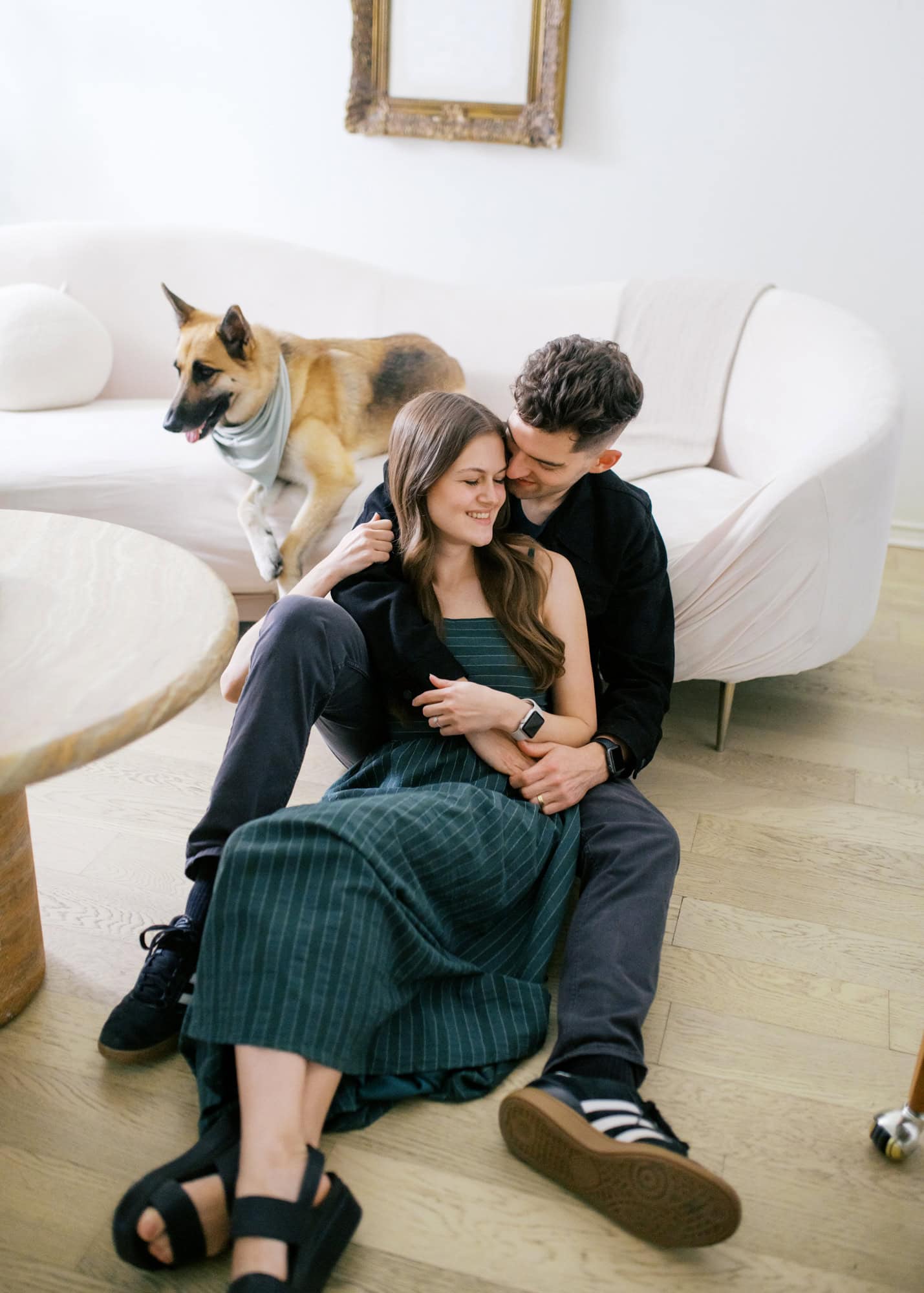There’s a reflex most of us have when someone we care about is struggling: we want to fix it. We jump into problem-solving mode, offer advice, or try to find silver linings. It comes from a good place – love, concern, the discomfort of watching someone we care about in pain – but more often than not, it misses the mark. What people usually need isn’t a solution. They need support.
Brené Brown has talked extensively about what true empathy looks like, and it’s far simpler (and harder) than many of us realize. It means taking someone’s perspective, staying out of judgment, recognizing the emotion they’re experiencing, and then communicating that understanding. Not with a lecture or even necessarily with words, but by being emotionally present. It requires a pause, a leaning in, and a willingness to sit in someone else’s pain without rushing to patch it up.
The Ministry of Presence
A story that’s always stuck with me comes from an interview with Shia LaBeouf. He was talking about his time in rehab, attending group Zoom calls where patients were often joined by family members. He sat in those meetings alone until one day, his girlfriend showed up. They didn’t have any kind of breakthrough conversation. In fact, they barely talked about anything significant. But her showing up, giving up her time with her busy schedule and obligations, meant everything. He called it “the ministry of presence”, and there’s a quiet truth to that phrase that lingers. Sometimes, being there is the breakthrough.
The Foundation of Human Connection
In a world obsessed with productivity, fixing, and saying the “right” thing, presence can feel counterintuitive. But it’s the foundation of human connection. It says, “I may not have answers, but I’m not going anywhere. You’re not alone in this.”
Practicing Presence
If you’re wondering how to be more present in your relationships, start by resisting the urge to steer the conversation. Instead of jumping to advice, try simple, open-ended prompts like “Tell me more” or “How is that affecting you?” These kinds of questions communicate care and curiosity without control. They allow the other person to feel seen, heard, and safe. And in many cases, that’s all someone really needs.
We don’t always need to be profound to be helpful. Often, we just need to be there. Fully. Without distraction or agenda. That kind of genuine, grounded, and compassionate presence has a quiet power. And in a noisy, fast-moving world, it’s a gift that speaks louder than words.

Open The Comments